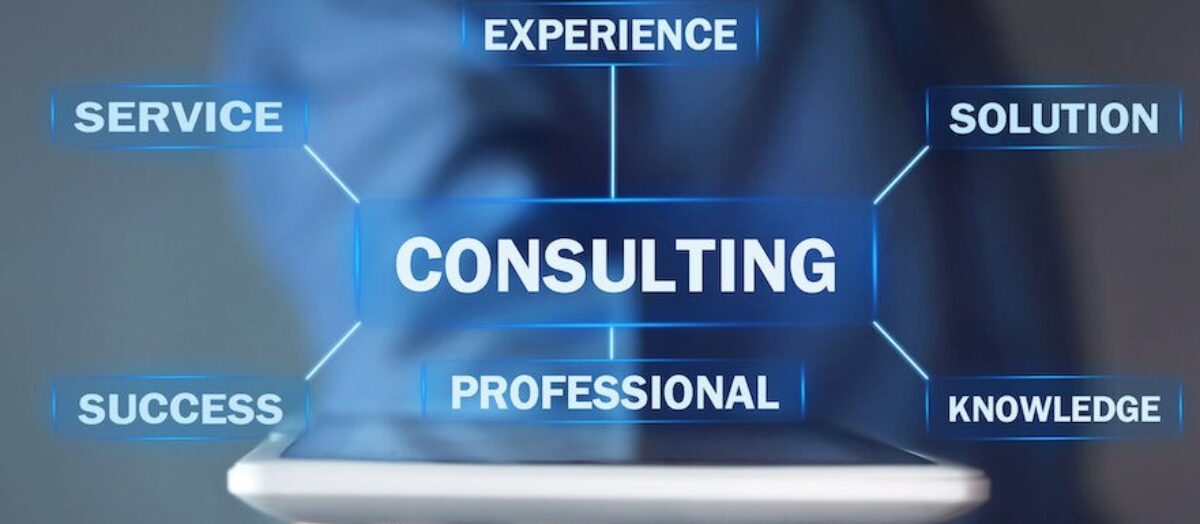In today’s fast-paced, hyper-connected world, emotional intelligence (EQ) has emerged as a critical skill for personal and professional success.
At its core lie two foundational pillars: self-awareness and self-management. These intertwined competencies empower individuals to navigate challenges, build meaningful relationships, and achieve their goals with clarity and resilience. This article explores their definitions, interconnected roles, practical benefits, and development strategies.
Understanding Self-Awareness: The Mirror of the Mind
Self-awareness is the ability to objectively recognize and understand one’s emotions, strengths, weaknesses, values, and motivations. It’s the conscious knowledge of how one’s thoughts, feelings, and behaviors impact oneself and others. Psychologist Daniel Goleman, a pioneer in EQ research, describes it as the “keystone” of emotional intelligence.
Key Components of Self-Awareness
1. Emotional Awareness: Identifying your emotions in real-time (e.g., “I’m feeling anxious about this presentation”).
2. Self-Assessment: Objectively evaluating your strengths (e.g., creativity) and growth areas (e.g., impatience).
3. Values Alignment: Understanding your core principles and whether your actions reflect them.
4. Social Awareness: Recognizing how others perceive you through feedback and observation.
Why It Matters: Self-aware individuals make intentional decisions, avoid reactive behaviors, and align their lives with their purpose. For example, leaders who acknowledge their tendency to micromanage can consciously delegate tasks to empower their team.
Self-Management: Steering the Ship
Self-management is the ability to regulate emotions, thoughts, and behaviors constructively, even in stressful situations. It builds self-awareness by translating insight into action.
Core Aspects of Self-Management
1. Emotional Regulation: Managing impulses (e.g., pausing before reacting angrily to criticism).
2. Adaptability: Staying flexible in the face of change or setbacks.
3. Goal-Oriented Discipline: Prioritizing long-term objectives over short-term gratification.
4. Optimism and Resilience: Reframing challenges as opportunities for growth.
Why It Matters: A project manager who stays calm under pressure, reassesses timelines, and motivates their team exemplifies strong self-management. This skill fosters trust, productivity, and mental well-being.
The Symbiosis Between Self-Awareness and Self-Management
Self-awareness provides the diagnosis; self-management is the treatment. For instance:
– Recognizing you’re prone to stress (self-awareness) allows you to implement coping strategies like meditation (self-management).
– Understanding your procrastination triggers (e.g., perfectionism) enables you to break tasks into manageable steps.
Without self-awareness, self-management risks becoming rigid or inauthentic. Without self-management, self-awareness remains an untapped insight.
Benefits in Personal and Professional Life
1. Enhanced Decision-Making: Self-aware people avoid biases (e.g., overconfidence), while self-management ensures follow-through.
2. Stronger Relationships: Managing reactions (e.g., active listening) builds empathy and trust.
3. Leadership Effectiveness: EQ-driven leaders inspire teams, resolve conflicts, and foster innovation.
4. Mental Health: Reducing emotional volatility lowers anxiety and improves life satisfaction.
Strategies to Build Self-Awareness and Self-Management
1. Practice Mindfulness: Daily reflection (journaling, meditation) helps identify emotional patterns.
2. Seek Feedback: Ask trusted peers or mentors for honest input on blind spots.
3. Pause Before Reacting: Use techniques like the “6-second rule” to breathe before responding. 4. Set SMART Goals: Specific, measurable objectives create accountability.
5. Leverage Cognitive Restructuring: Challenge negative thoughts (e.g., “I failed” → “I learned”).
Conclusion: A Lifelong Journey
Self-awareness and self-management are not innate traits but skills honed through practice. By embracing curiosity and compassion toward oneself, individuals unlock the power to lead authentically, adapt proactively, and thrive in an ever-changing world. As Aristotle wisely said, Knowing yourself is the beginning of all wisdom.
Final Thought: Start small. Dedicate 5 minutes daily to self-reflection and gradually integrate these strategies into your routine. Over time, the compound effect of heightened EQ will transform both your inner world and outer achievements.
This structured yet approachable guide balances theory with actionable steps, making it valuable for professionals, students, or anyone seeking personal growth. Let me know if you’d like to expand on specific sections!
